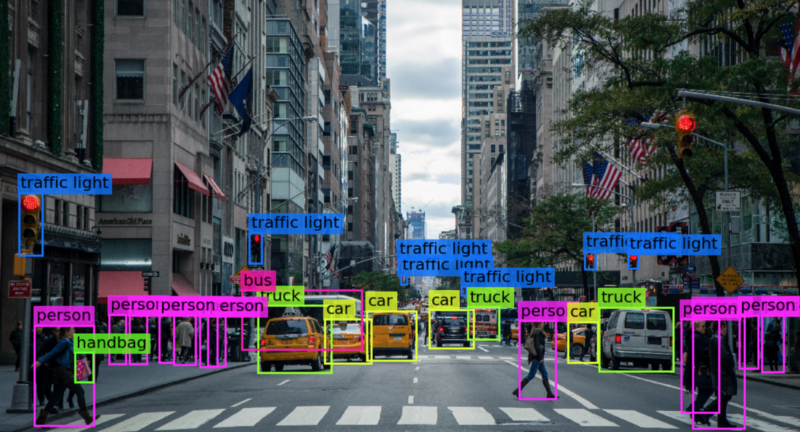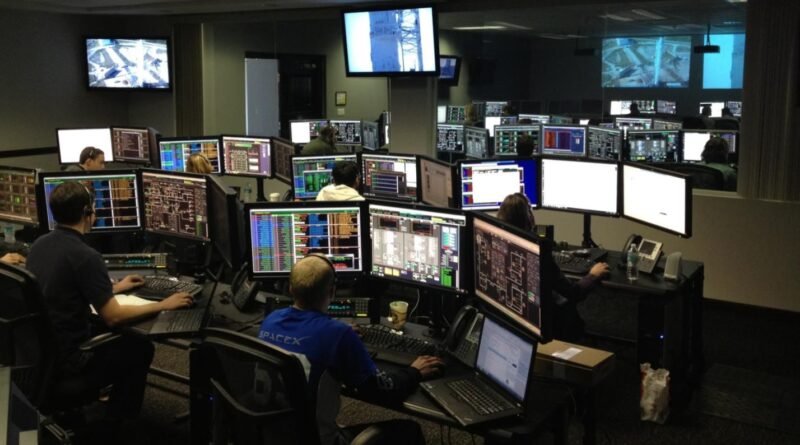The Present And Future Of Computer Vision
Do you know how the Hanson Robotics’ Sophia works? Or are you aware of the design, development and functionality of the disaster relief robot Honda E2-DR? They can perceive, analyse and deliver commands just like humans do. Thanks to the major breakthrough called Computer Vision in the field of scientific research and Artificial Intelligence. You can expect robots to cater to your needs and serving you customised solutions to almost anything and everything under the sun. Well, the inception of robotic contributions in the form of automated customer support, live-assist features and the likes have already begun.
As a matter of fact, digital academic forums such as MyAssignmenthelp and Essaycritics.com have been exploring the reach and potential of AI-assisted customer support and communications. The company executives are reportedly in talks with robotics techies to introduce AI-assisted digital experience, powered by computer vision technologies. This would simply ease the task, both for the websites and visitors.
Thus, it seems that the realms of artificial intelligence and computer vision are certainly making their presence felt along with ample futuristic predictions on the cards. So, let’s dive deeper and figure out the application of computer vision in today’s word and how it would change our future with task automation and other advancements.
Going About the Present-day Scenario
Computer vision, as a technology has a plethora of applications that are already bringing in revolutionary changes in world order from various aspects. Let’s take a look at the notable contributions of the technology in today’s date.
- Facial recognition and Biometric scanning: Facial recognition and biometric scanning harness the potential of computer vision to identify humans for security purposes. According to the FaceFirst report, ever since the technology has been rolled out, forensic investigators and security workers have been benefitted the most. The accuracy and effectiveness of biometrics in corporate organisations and banking industry have proved to be one major contributing factor behind a drop in security breaches.
- Self-driving cars: The auto-driving assist feature is undeniably one of the remarkable breakthroughs in the domain of computer vision technology. Computer vision technology has been explored, designed and developed help in making critical on-road decisions such as giving way to ambulances or detecting road craters and bumps ahead.
- Internet of Things: This is again one major contribution of computer vision in the field of automated manufacturing and other industrial processes. Computer vision is being used for inspecting and identifying manufactured products for potential defects. This, as a result, has eliminated the need for manual intervention in the manufacturing process to some extent.
- Health awareness and precautions: In a time like this, where the pandemic has got the better of the world, AI-driven mechanisms are creating a difference in the following manner.
- Health workers are using AI technologies like computer vision to monitor public spaces with the help of cameras and data sensors.
- Deep learning algorithms in Computer Vision analyse video feeds from around the contaminated areas and help with the process of tracking social distancing this way.

Analysing the Future Prospects of Computer Vision
Not only that the technology called computer vision has made its mark in the contemporary world, but it also aspires to bring forth waves of exemplary advancements in the days to come.
Here are some predictive observations for you to dig.
- Image captioning and natural language generation: With the refinement of the CV technology, image captioning application can be combined with Natural Language Generation. This, a result, will interpret the objects in the surrounding and help visually challenged people in their daily life activities.
- Development of Artificial General Intelligence: There has been some excellent, exemplary advancement in the development of AGI. Things are only predicted to get smarter in the forthcoming days. This time, Artificial Super-intelligence technology is expected to join the legacy, thus, streamlining information processing twice more effectively.
- 3-Level Vision Development: Eminent scientists and techies around the world are constantly working on the development of 3-Level Computer Vision. Here is a tentative list of the categorisation which will supposedly get smarter and more useful in the near future.
Low-level vision
- Edge, corner, feature detection
- Stereo reconstruction
- Structure from motion, optical flow
Mid-level vision
- Texture
- Segmentation and grouping
- Illumination
High-level vision
- Tracking
- Specific object recognition
- Category-level object recognition
- Applications
To End With,
If we are to consider the present scenario and future possibilities of Computer Vision, thing appear to be promising on various levels.
As a matter of fact, the technical design and development team at Tophomeworkhelper.com is of the opinion, “We are gradually coping with the ever-increasing demand for advanced communication and digital security. What else can be better than roping in Computer Vision technicalities to support and give shapes to our advancement initiatives in the near future?”
The future is here, folks!





Pingback: How to Become Better With Technology in 10 Minutes? - The Rover Post
Pingback: What is Artificial Intelligence? How Can AI Change the Future In Healthcare - The Rover Post